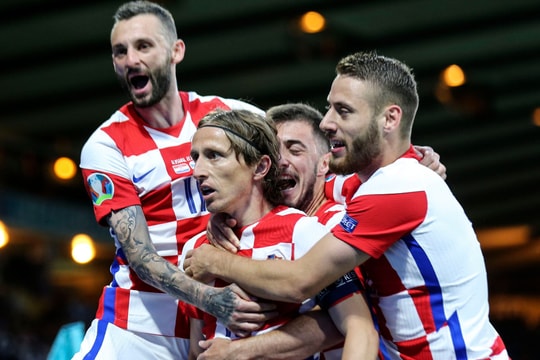Golden goal saves Croatia
More than a victory, Ivan Perisic's strike meant so much more. It could help the troubled Croatians re-establish a brighter era.
Just hours before Ante Cacic and his students stepped out into Matmut Atlantique, in Croatia, 137 deputies voted to dissolve the Parliament.
This is the result of the right-wing government of Prime Minister Tihomir Oreskovic losing a no-confidence vote on June 16, which led to his removal from office. For years, Croatia has been mired in economic and political crisis, but the events of the past few months have shown that things could still get worse.
Expectations and Disillusionments
Croatia has been deeply divided since it declared independence in 1991. Late last year, the conservative opposition Croatian Democratic Union (HDZ) won 63 seats in parliament.
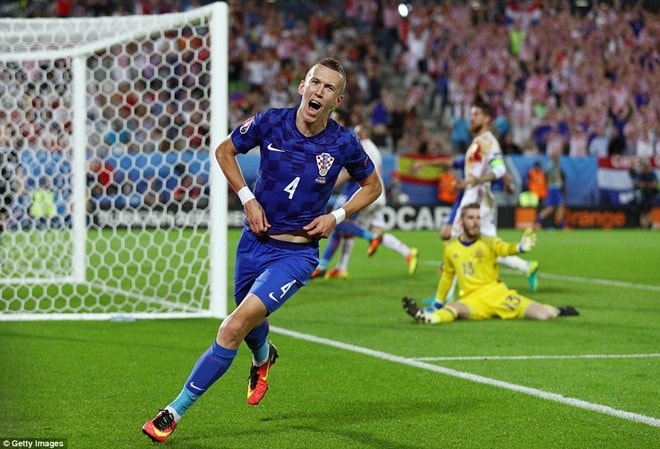 |
| Perisic's goal brought boundless joy to Croatia. |
Oreskovic, a former pharmaceutical executive, was elected prime minister with the hope of pulling the country out of the crisis and out of one of the EU’s weakest economies. But just five months later, the government collapsed. Oreskovic was accused of trying to increase his political power rather than deal with the difficulties, including the debt, the influx of migrants and the comprehensive reform project.
In that context, football was seen as a savior, helping the Croatian people to put aside their differences in views and sit together, becoming a unified bloc. The bad thing is, this beautiful prospect quickly evaporated.
There have long been suspicions of corruption in the country's football and its links to politics. Zdravko Mamic, a powerful figure and vice-president of the Football Federation, financed the election campaign of President Kolinda Grabar Kitarovic, of the HDZ.
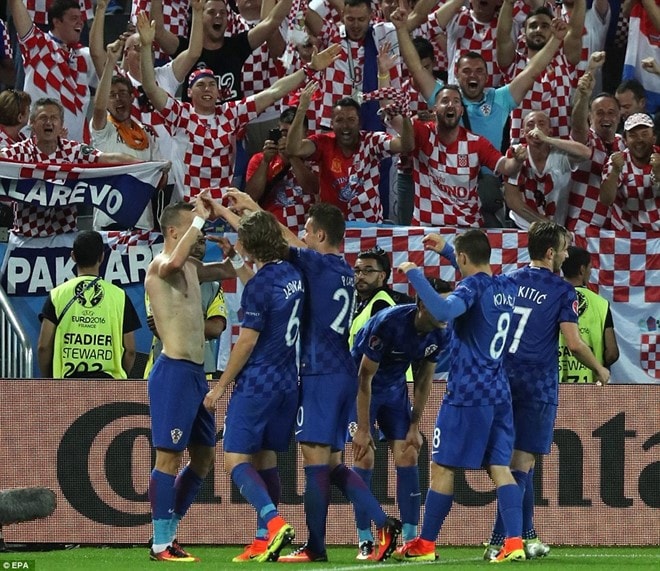 |
| Now, Cacic's army are national heroes. |
Seven months ago, Mamic was arrested on suspicion of tax evasion and involvement in a criminal organization (but somehow avoided jail time). Oreskovic’s protests led to the collapse of the government last week. Goal reported that “sports terrorism” – as Cacic calls it – sabotaged Croatia’s match against the Czech Republic and orchestrated a plot to bring the national team home in a show of anger over the scandal.
The Heroes
Under immense pressure, Cacic's team did not sink. In fact, they were stronger. Without Modric and Mandzukic, playing with the fear of a riot and facing Spain, the most convincing team of the tournament so far, they still found a way to win.
The moment Kalinic scored, a sense of unbelievable shock began to creep into the minds of Croatians. When Perisic burst into the box and unleashed a powerful shot, forcing De Gea to pick the ball out of the net again, the whole of Southeast Europe exploded.
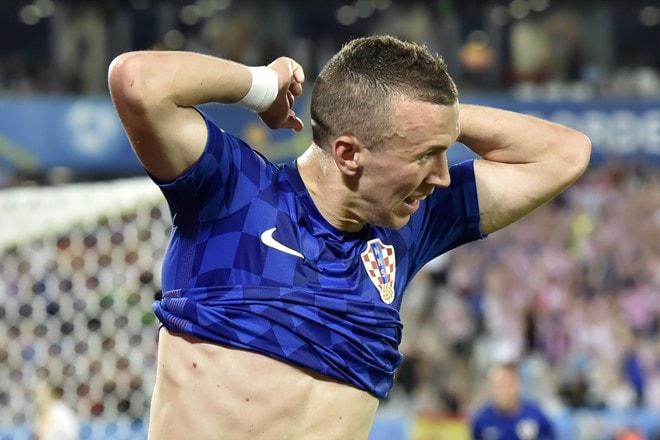 |
| Perisic pulled the whole country of Croatia out of its stupor. |
On the streets of Zagreb, people poured into the streets to celebrate the victory. Fans from all over flocked to Ban Jelacic Square, where they sang and danced until the early hours of the morning. No one noticed any anxiety on the faces of people facing economic crisis and political instability.
Cacic's army did the seemingly impossible: it lifted its people out of their depression, brought them together, and planted in their minds the seeds of hope for a brighter future.
In 1998, Davor Suker and his teammates' run to the World Cup semi-finals helped revive Croatia's economic and social life. 18 years later, a similar feat could be achieved.
This is the second time since 1998 that Croatia have advanced from the group stage of a major tournament. They previously won all three of their group games at Euro 2008, including a 2-1 win over Germany. However, they were eliminated by Turkey in the quarter-finals on penalties.
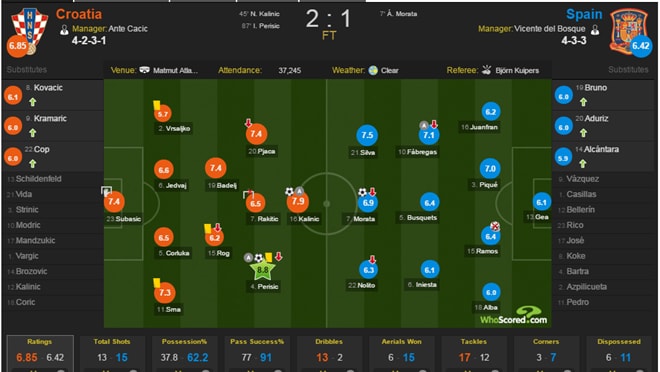 |
| Score, technical data Croatia-Spain (according to Whoscored). |
According to Zing
| RELATED NEWS |
|---|


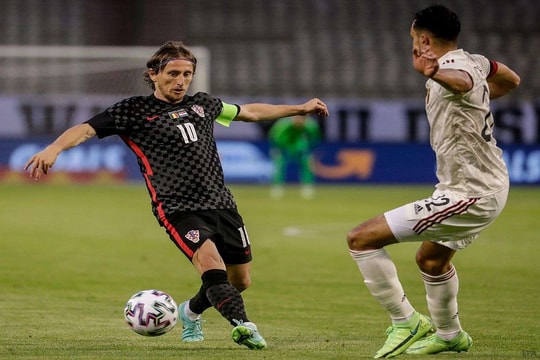
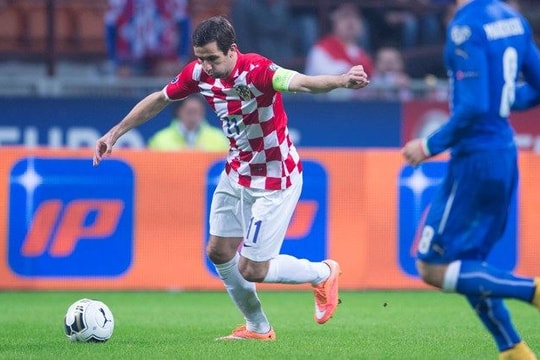
.png)

